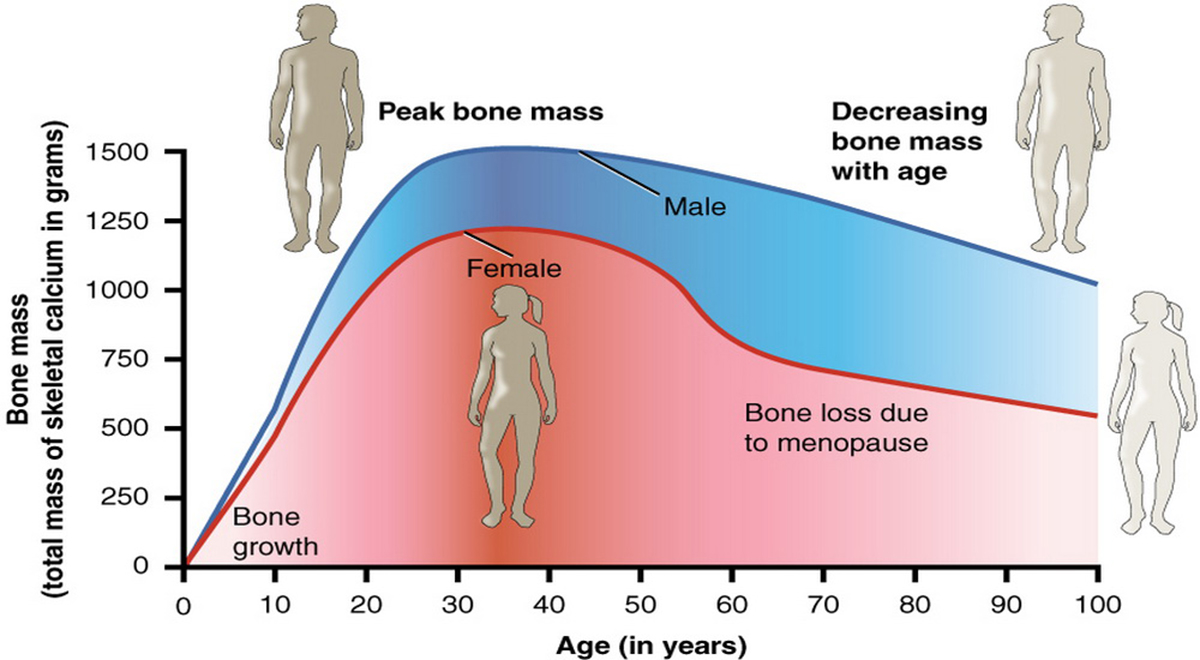Table of Contents
First of all, leaving osteoporosis untreated is a recipe for pain, misery and untold damage to one’s body. Depending on the state of a person’s bones, through lifestyle changes, dietary modifications and osteoporosis drugs, someone might be able to build some bone and get out of the osteoporosis range. Through the use of medications, bone loss can be slowed down, but not reversed. Some types of osteoporosis drugs slow the breakdown of bones, while others can spur new bone growth.

The quality of new bone built up from diet, exercise and osteoporosis drugs is thought to be quite good. However, it is important to note the quality of a person’s bones will never go back to normal. No matter what kind of osteoporosis medication your physician chooses for you, it is important to know as much as possible about how the disease will affect you and change your life.
However, it is important to note once the bones of the spine have collapsed it is not a condition which can be reversed. Osteoporosis may cause a person to become disabled from having weakened bones. Through treating osteoporosis with medication and lifestyle modifications, it can lead to reduced bone loss and improve an individual’s quality of life.
Why is it important to find an osteoporosis specialist?
If you have been told you are at risk for developing osteoporosis or have recently been diagnosed, it is important to find a healthcare provider who has experience with the disease. While there are no particular physicians who specialize in treating osteoporosis, many healthcare practitioners are qualified to diagnose and treat the disease. Some physicians with experience in preventing, diagnosing and treating osteoporosis include the following; rheumatologists, internal medical physicians, orthopedists, endocrinologists, geriatricians, physiatrists, and general practitioners.
If you do not currently have a healthcare provider or your doctor is not able to help you, you should contact your nearest hospital and speak to the physician’s referral line or request to speak with the department that has information about osteoporosis. Some hospitals have a separate osteoporosis program or women’s health clinic that can be helpful.
There are many ways osteoporosis can affect someone’s quality of life. You may be diagnosed with osteoporosis, but it important to remember it is beatable and treatable. Focus on your strengths and remember to pay attention to your physical and emotional well-being.
See Also: Natural Treatment For Osteoporosis
Managing osteoporosis and finding the proper treatment options may not always prove to be easy. However, by taking a proactive and positive approach in the treatment of your osteoporosis, by using all of your resources and educating yourself about the disease it becomes possible to manage the condition and handle the side effects. Living with osteoporosis does not have to diminish your quality of life in any way, on the contrary when you understand what you are dealing with it helps you to improve your outlook and prognosis.
- Photo courtesy of NASA Goddard Space Flight Center by Flickr : www.flickr.com/photos/nasa_goddard/5657511563
- Photo courtesy of CFCF by Wikimedia Commons : en.wikipedia.org/wiki/Osteoporosis#mediaviewer/File:615_Age_and_Bone_Mass.jpg


Your thoughts on this